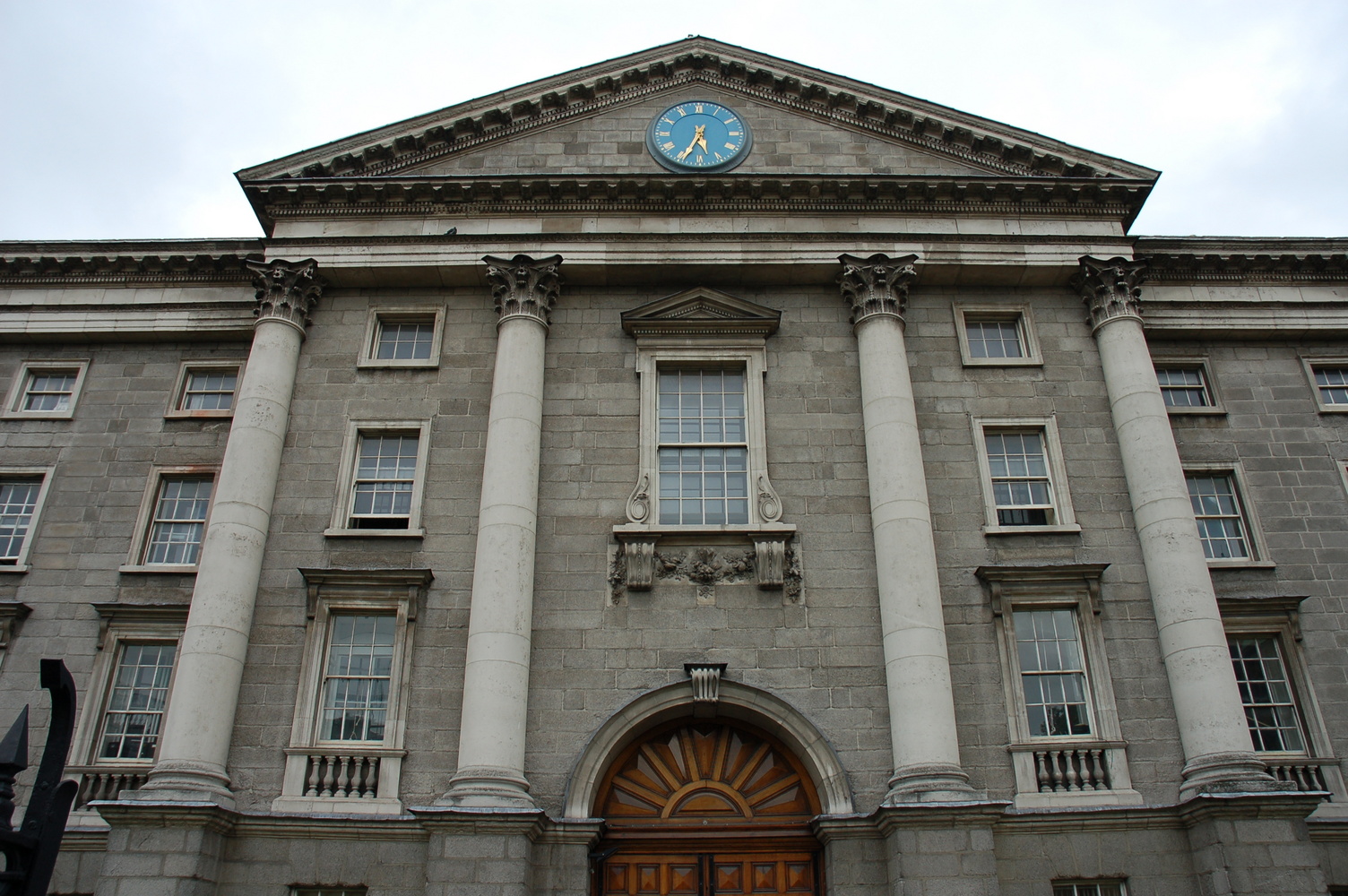
The motions followed news that Leonard had played a major role in spreading rumours of homophobia about Conor Clancy, the incoming SU welfare and equality officer, during elections last week. Dahnan Spurling, campaign manager for Muireann Montague, who was also running for the position, had originally spread the rumours to Leonard, who subsequently passed them on in a DU Dance WhatsApp group. Montague was fined by the Electoral Commission last week as a result of the incident.
Leonard was present at the meeting and, in an emotional statement, refuted the allegation that he had a “key role” in spreading the rumour. He conceded that it had been an “asshole thing” to do, however. He also advocated passing the motion of censure and sincerely apologised to all involved.
The subsequent motion of censure recognised Leonard as one of a “group of students” which spread “false and highly personal allegations…about one electoral candidate” rather than a key player in their spreading. Proposing the motion, McGlacken-Byrne noted that impeachment was reserved for “breaking the rules”, which Leonard did not do as the SU constitution does not require the chair of the Oversight Committee to be impartial.
The remorse expressed by Leonard, his performance in his post as secretary and the need to get on with Council business were also stressed by McGlacken-Byrne and others in support of a motion of censure as opposed to an impeachment. One Council member argued that “secondary school bitchiness” should not be sufficient grounds for impeachment. The motion for impeachment was subsequently defeated.
Other important business discussed at the meeting included the increased allocation of funds to the Trinity Access Programme. Gabriel Adewusi, SU access officer, presented the final draft of the TAP Teaching, Technology and Community Engagement project which was endorsed by Council. The funds will go to improving and expanding the number of laptops available to the TAP lending library. This would increase the number of laptops from six to 10 in response to complaints that the current laptops are unreliable and that supply cannot keep up with demand. Facilities in the TAP classrooms would also be improved in order to facilitate a more interactive and flexible learning environment. In response to a question about the cost of paint and interactive whiteboards, McGlacken-Byrne stated that TAP classrooms were dilapidated and noted that interactive whiteboards were “a fixture in many primary schools.”
There was also heated discussion on the possible reduction in the number of campaigning weeks and hustings. Results of a survey on the effects of campaigning on participants were presented to Council by Madison Bowlby. These results noted that campaigning had a negative effect on the welfare of those involved. It was suggested that a reduction in the number of campaign weeks and hustings would relieve some of the pressure. It was noted in comments from the floor that both McGlacken-Byrne and SU welfare officer, Ian Mooney, had made commitments to reduce the number of hustings held. However, this was contested as it left less time for students to get to know candidates. One representative described the proposal as attempting to “mollycoddle” students. It was agreed to mandate the education and welfare officers to create a working group to examine the issue.
There was also agreed implementation of an Irish language policy. In response to a question about the practicalities of translating public documents into Irish, Trish O’Beirne responded that pragmatics would have to qualify the responsibilities allocated to officers in the policy.
The progress of the SU strategic plan was also discussed. Hugh O’Sullivan explained the importance of a board of trustees to watch over the progress of the plan and stressed that it would only advise on the broad strategies agreed upon by the previous Council rather than implement policy. The need for greater engagement was also stressed and Council members were required to fill out a questionnaire which asked what the priorities of the SU should be, how to improve the SU and how to recognise an improvement in three years’ time.






